A picture purporting to show a North Korean flag next to a Russian one on a Ukrainian battlefield is doing the rounds on several military blogs but some claim it is photoshopped—here is everything we know about it so far.
Both Ukraine and South Korea have said that thousands of North Korean troops are being trained to fight for Moscow in Ukraine, with around 1,500 already reportedly deployed there.
A North Korean envoy to the United Nations denied these claims, calling them "groundless rumors" on Monday, South Korean news agency Yonhap reported, while the Russian Embassy in Seoul insisted in a Facebook post that its cooperation with North Korea was "within the framework of international law."
Several Russian bloggers, including Military Informant (@milinfolive_man), have posted a photo of Moscow's flag side-by-side with North Korea's "near the recently liberated village of Tsukurino in the Pokrovsky direction."
"It looks like the fighters on the ground decided to tease the enemy," the channel wrote on Telegram.
But the head of the Center for Countering Disinformation under the National Security and Defense Council of Ukraine, Andriy Kovalenko, has said the photo could be photoshopped, used "as propaganda of fear against Ukraine," reported ASTRA, a Telegram channel reporting on the Russia-Ukraine war.

🇰🇵 After a photo surfaced online showing a North Korean flag near Tsukuryne, Donetsk region, Andriy Kovalenko, head of the Center for Countering Disinformation, warned that Russia is trying to amplify the North Korea narrative as fear propaganda.
"There will be stories about… pic.twitter.com/qegH2XFvFi
The Donetsk region, where the flags were supposedly flown, is a focus for Russian forces who are trying to win control over the Donbas region, which is made up of Donetsk and the Luhansk regions.
The front line near Pokrovsk has seen intense fighting for months now, with the towns of Kurakhove and Myrnohrad attacked by Moscow over the weekend, The Kyiv Independent reported, citing local authorities.
Newsweek has contacted the Russian and the Ukrainian defense ministries and North Korea's Mission of the Democratic People's Republic of Korea to the United Nations Office, via email, for comment.
Over the weekend, U.S. Defense Secretary Loyd Austin said he could not confirm reports that North Korea had sent troops to Russia, Reuters reported.
Last week there were multiple reports about Moscow planning to use North Korean soldiers, namely to help push Ukraine's forces out of Kursk, where they have been carrying out an incursion since August 6.
Ukraine's Defense Intelligence Directorate said there were almost 11,000 North Korean infantry troops training in eastern Russia to fight in Ukraine.
The military intelligence agency's Lieutenant General Kyrylo Budanov told The War Zone website on October 17 that these battalions will be ready to fight in Ukraine by November 1. But he added: "We don't have the full picture right now."
Hours before this, Ukrainian President Volodymyr Zelensky told reporters in Brussels that there were about 10,000 North Korean troops preparing to fight for Russia.
South Korea's spy agency, the National Intelligence Service (NIS), also said that North Korea was planning to deploy between 10,000 and 12,000 troops to Russia, according to Yonhap.
The NIS believes Pyongyang transported special forces between October 8 and 13, with around 1,500 North Korean troops transported in the first phase.
NATO Secretary-General Mark Rutte said allies "have no evidence that North Korean soldiers are involved in the fight."
"But we do know that North Korea is supporting Russia in many ways, weapons supplies, technological supplies, innovation, to support them in the war effort—and that is highly worrying," he added.



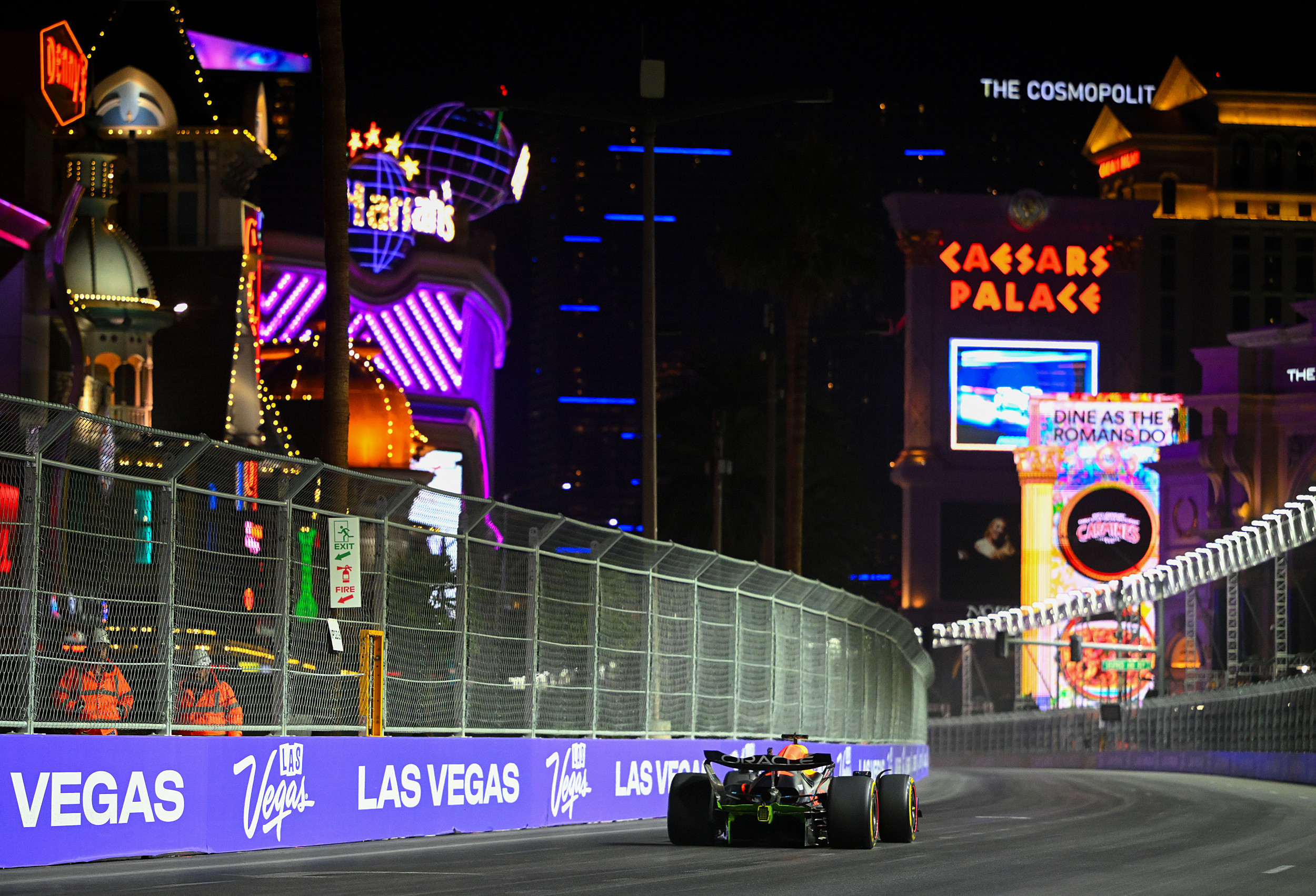

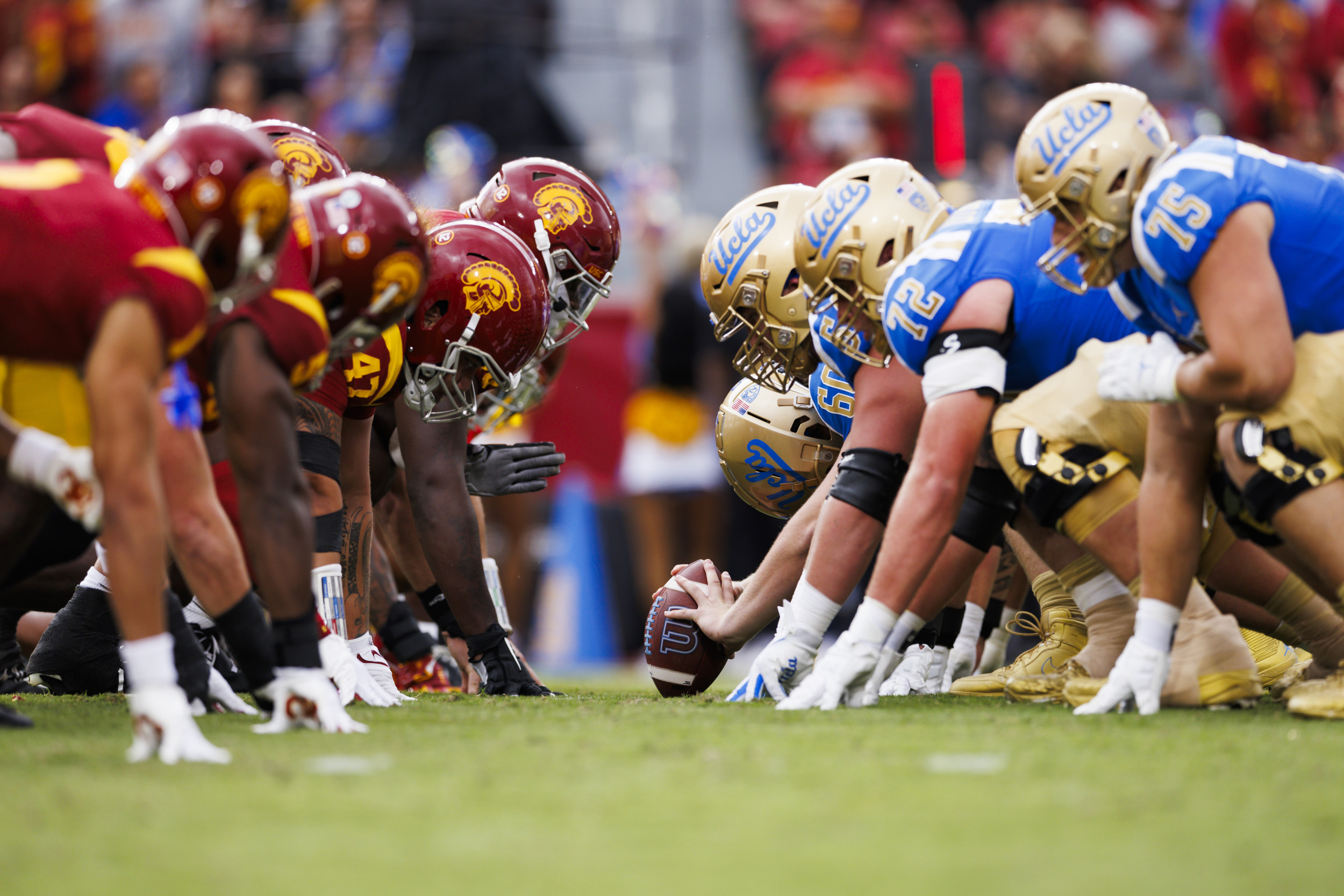
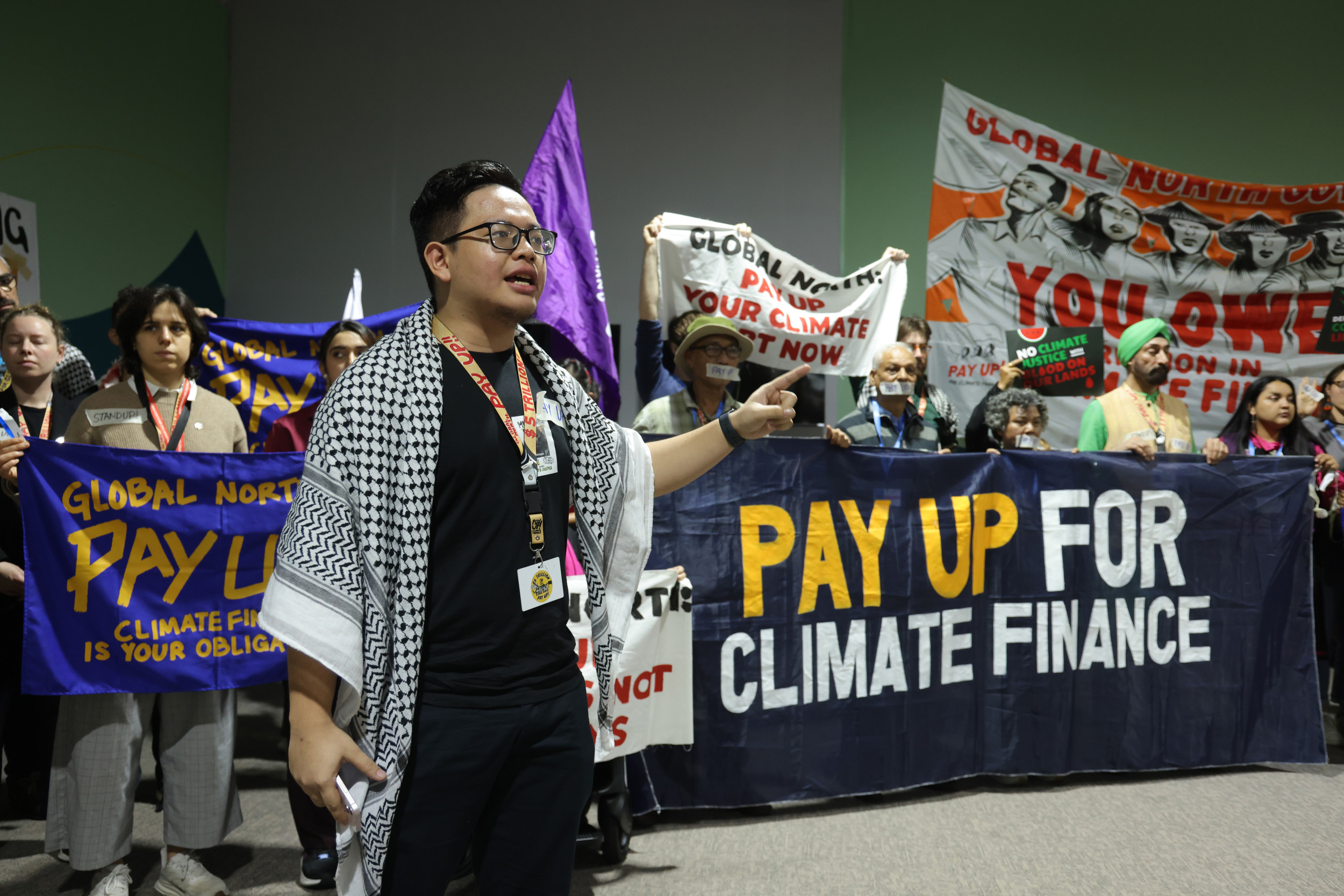
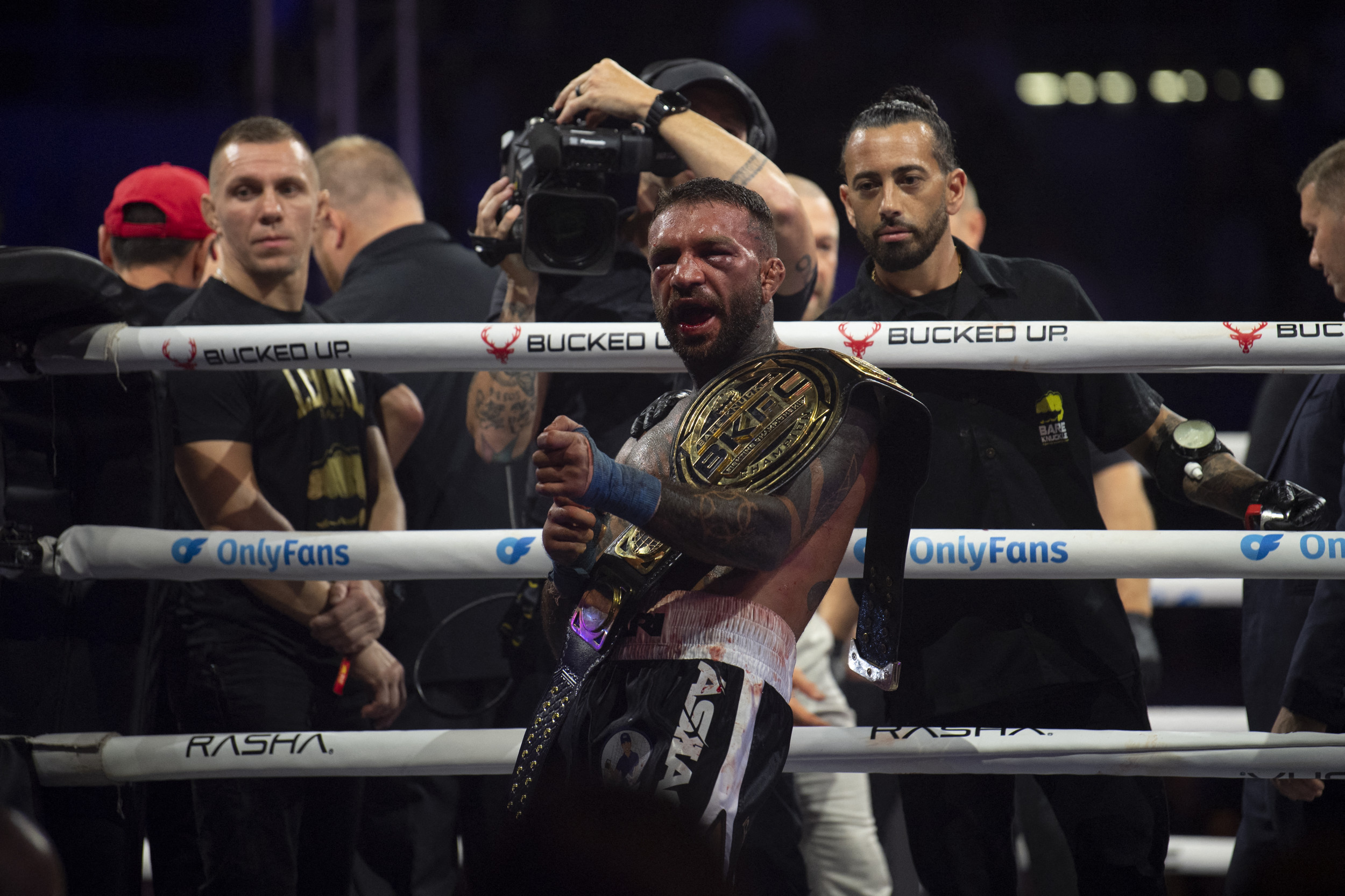


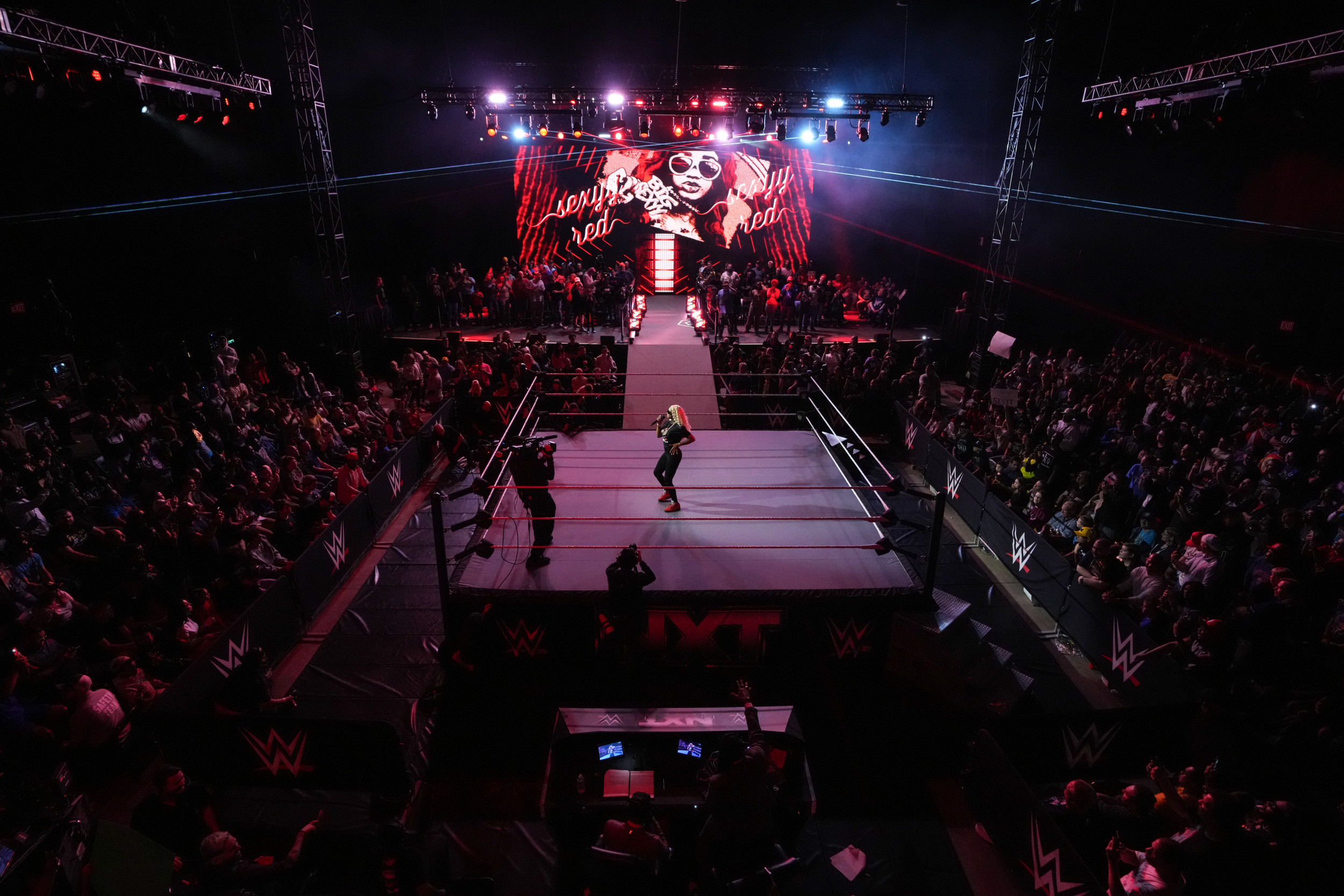








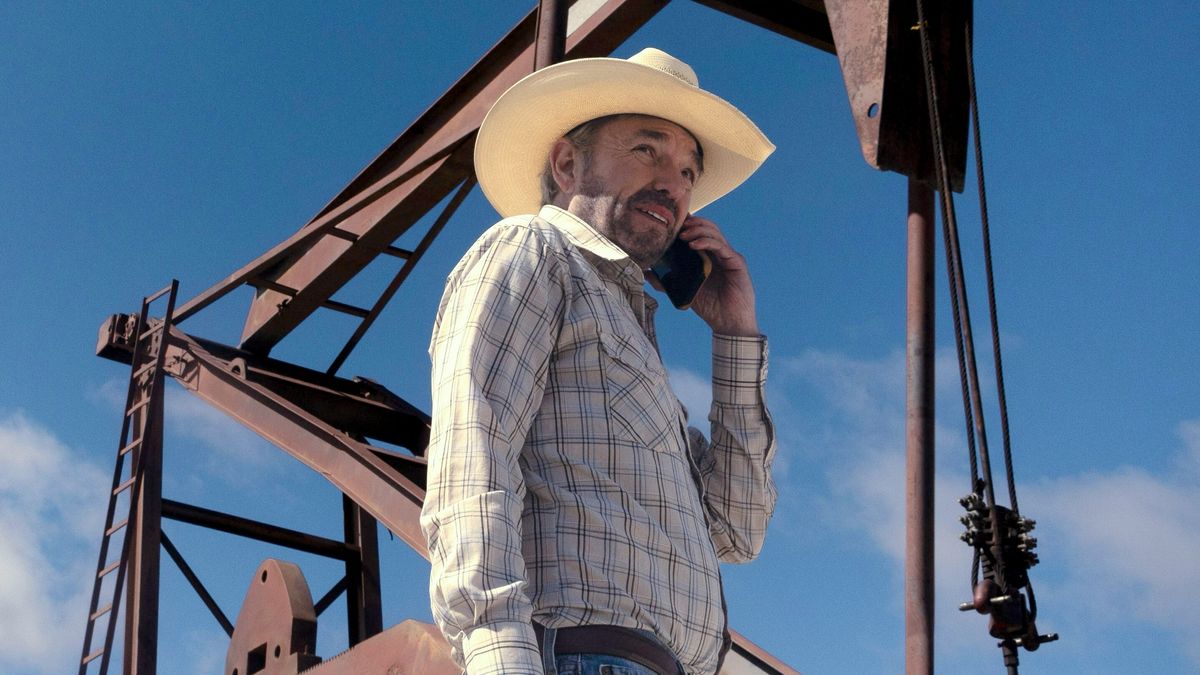
 English (US) ·
English (US) ·